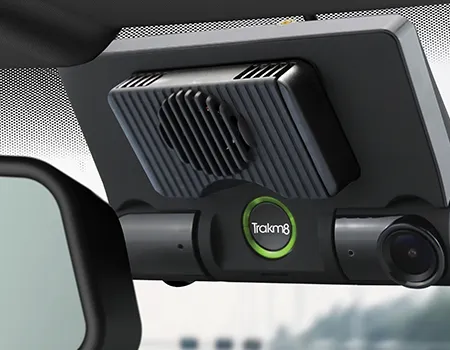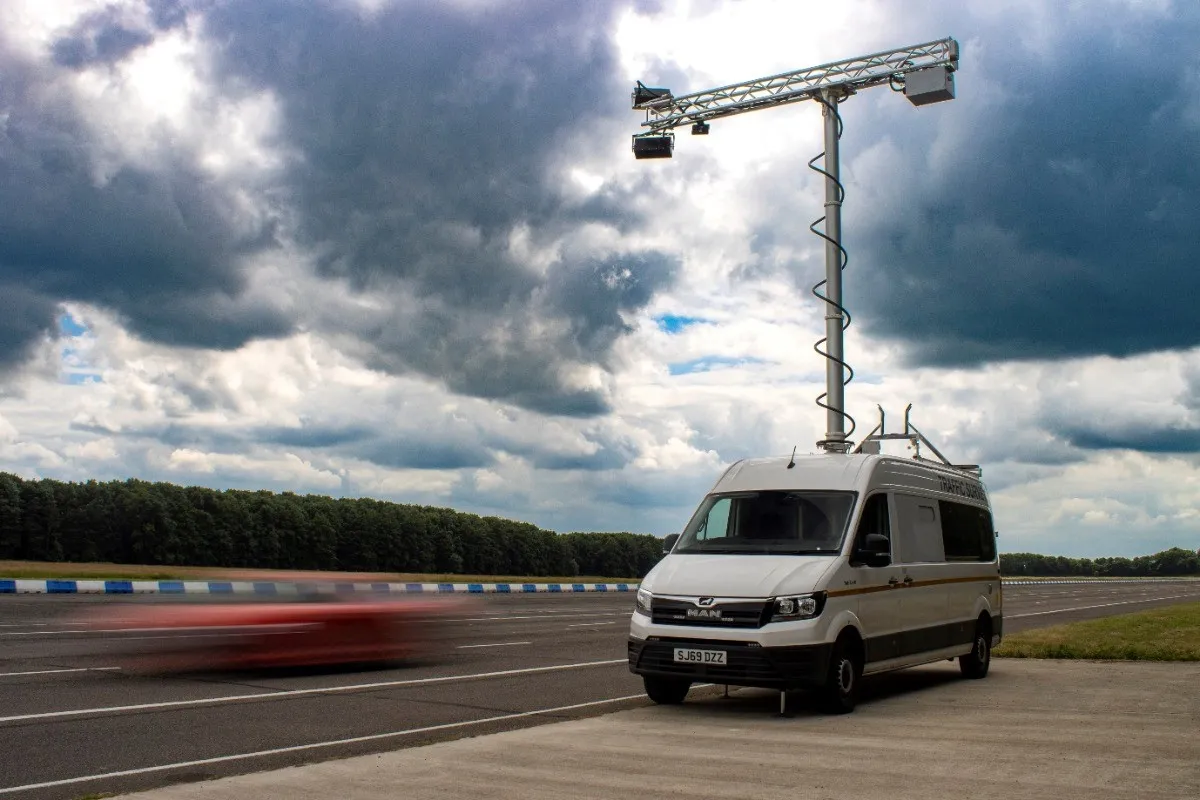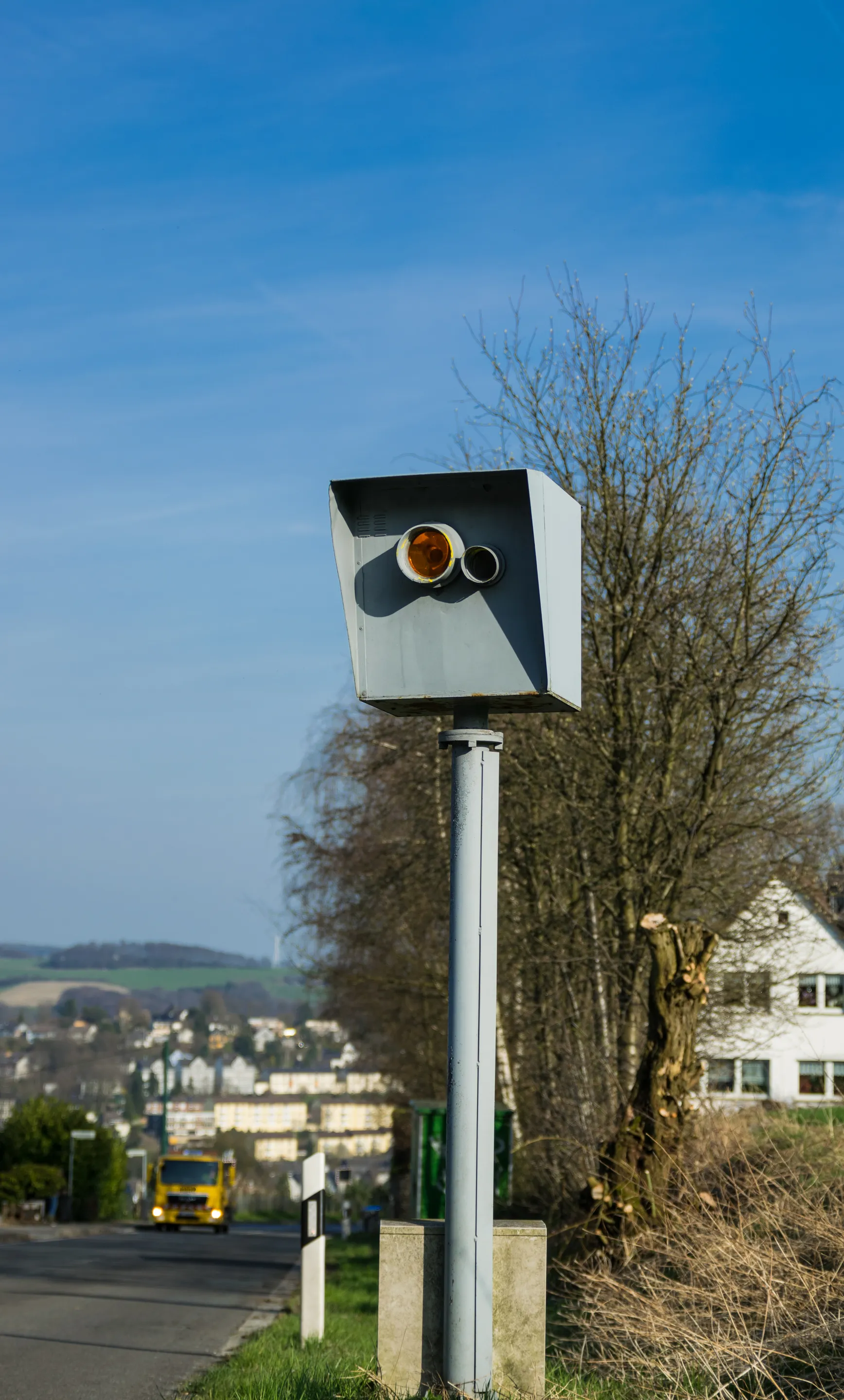
Contractor T&K Gallagher, which provides and maintains water, gas, electricity and telecommunications, saw an increase in the number of road traffic incidents during 2017.
The Manchester-based company - a long-standing customer of Track King, an independent provider of telematics and vehicle cameras - is the first national utilities contractor to invest in the Trakm8 RH600, according to the manufacturer. Since installing the telematics cameras in over 500 of Gallagher’s fleet of light commercial and heavy goods vehicles, the contractor has witnessed a 39% drop in accidents involving its vehicles.
T&K Gallagher has also said that it has seen instances of speeding decrease by 35%, along with a “substantial” reduction in fuel costs due to drivers adopting a smoother driving style, noted Sam Atherton, a director at Gallagher.
The contractor has also implemented speeding league tables and introduced a points-based system. Employees who accumulate points or speeding infractions undergo training to help them reduce the frequency of speeding events.
Track King says that the RH600 is the most advanced 4G telematics camera available in the UK. Trakm8 continues to innovate and is adding advanced driver assistance systems to the RH600, which include the ability to monitor distracted driving or driver drowsiness. If the driver looks away for a few seconds, for example to check a mobile phone, or is falling asleep, the RH600 will issue an audible alert. The device can also send footage of the incident to the fleet manager.
Trakm8’s products portfolio include the data and reporting portal Trakm8 Insight, integrated telematics/cameras, self-installed telematics units and a wide range of installed telematics devices. Trakm8 has over 250,000 connections.








